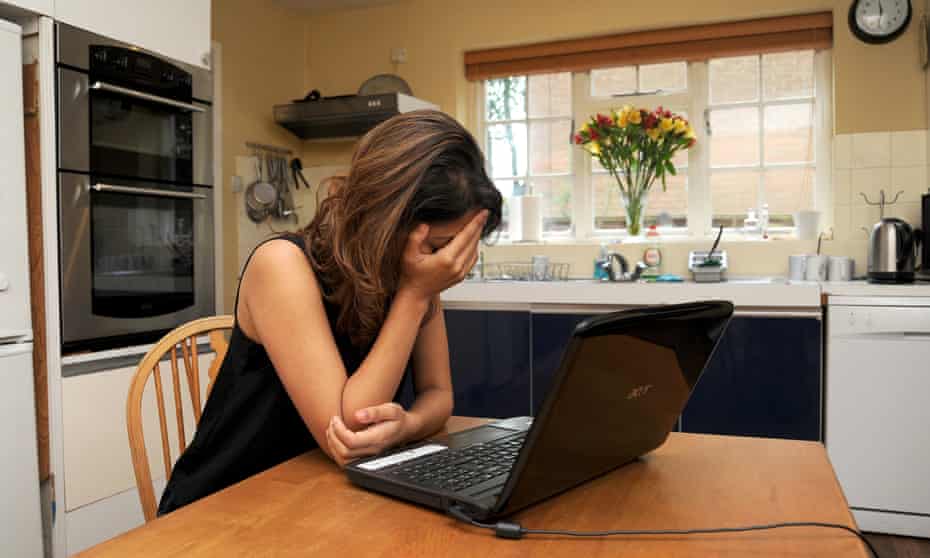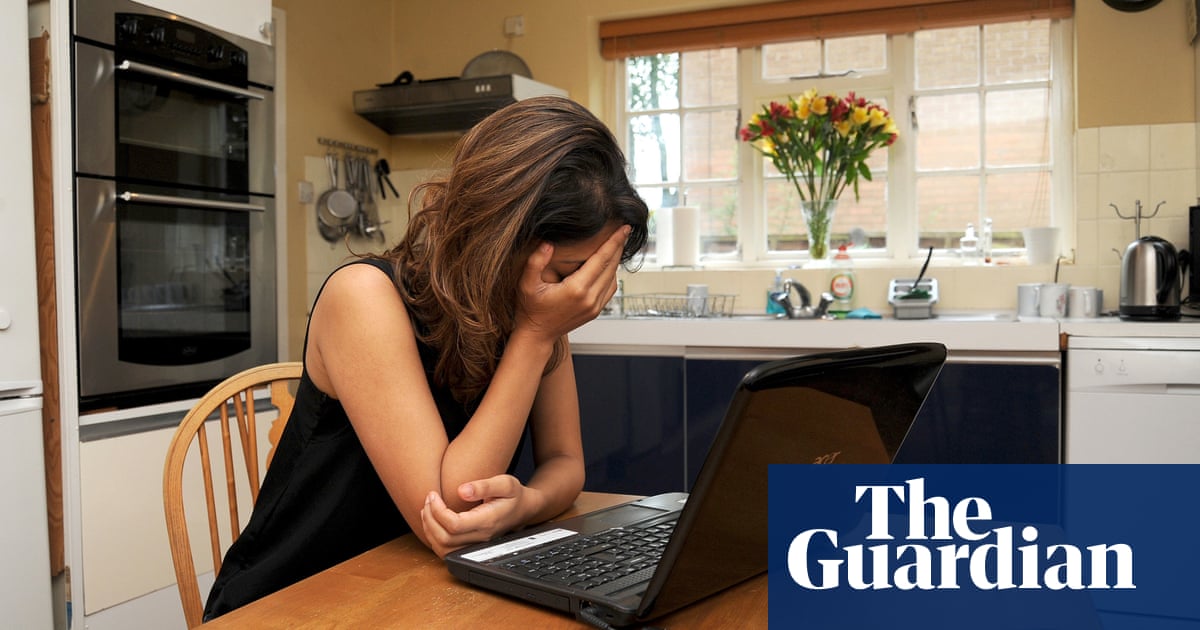Gambling addiction could be nine times higher than industry claims
Landmark study finds 1.4m being harmed and 1.5m at risk as government readies to unveil reform

Gambling addiction rates may be nine times higher than the betting industry claims, according to a landmark study that found 1.4 million people are being harmed by their own gambling, while a further 1.5 million are at risk.
Published with the government weeks away from unveiling plans for a once-in-a-generation reform of gambling laws, the survey is part of a push by leading charity GambleAware to encourage more people to seek treatment.
The online survey of more than 18,000 adults conducted in 2021 found that up to 2.8% of the population scored eight or higher on the problem gambling severity index, a measure used by experts to gauge harm suffered by individual gamblers.
The rate rises significantly among men, with 3.7% deemed to have a problem and 7.5% at risk, indicating that more than a 10th of men are either struggling with gambling or in danger of doing so. Among women, addiction rates were 2%, with 4% in the at-risk category.
Women were more likely to be among the 6% of the population, or 3.3 million people, classed as “affected others”, meaning that someone else’s gambling had an impact on them.
Despite the high rates found by the survey, just 8,490 people received treatment from the National Gambling Treatment Service (NGTS) last year, GambleAware said, suggesting that for every one person receiving help, 160 who could benefit from it did not.
The NGTS comprises services including GamCare, Gordon Moody and the Primary Care Gambling Service, offering confidential treatment and support for anyone experiencing gambling harms or problem gambling. Nine out of 10 people who completed treatment an NGTS service saw their condition improve, GambleAware said.
YouGov’s estimate that 2.8% of people are suffering gambling-related harm is nine times higher than the 0.3% rate found by the Gambling Commission’s telephone survey, a measure that has been frequently cited by gambling industry lobbyists to indicate that addiction is on the decline.
The YouGov figure is also far in excess of the 0.5% found in face-to-face studies performed for the NHS in 2016.
GambleAware said this was likely due to methodology, as people taking part in online surveys may be disproportionately likely to be experiencing difficulty with gambling. However, it said that while YouGov’s figures were likely to be at the “upper bounds” of the true addiction rate, the survey had been carefully controlled to prevent the data being skewed. The charity suggested other surveys may be underestimating the true figure.
A spokesperson for the Betting & Gaming Council, said: “We do not recognise these figures which are not supported by the Gambling Commission’s most recent research which showed rates of problem gambling have been falling, according to the regulator at 0.3% – down from 0.6% 18 months ago. That’s equivalent to a drop of 340,000 problem gamblers down to 170,000 – not 1.4 million suggested by GambleAware.”
The national lottery remains the most popular activity, with 44% of adults taking part. But the fastest growing area is online slot machines and casino games, which carry significantly higher rates of addiction, according to previous NHS surveys.
-
Anyone wanting to get help or support with gambling, for themselves or another, can contact the National Gambling Helpline on 0808 8020 133.
‘Gambling ruined my life for almost 30 years’
Kevan Mailey, 46, began gambling aged seven or eight during his childhood in Glasgow and says it consumed him until he entered a 14-week residential treatment programme in 2018 at the Gordon Moody Clinic.
“Gambling ruined my life for almost 30 years,” he said. “It started when I visited arcades when I was seven or eight and started becoming a problem when I was 13 and got my first job as a paperboy, spending all of my wages on the dog and horse races. Gambling impacted on almost every part of my life and if I hadn’t got the help I needed I know I wouldn’t be here any longer.”
Mailey now works as a residential support worker for Gordon Moody in Beckenham, Kent. “It hasn’t been easy and I would still describe myself as an addict. That will never leave me. But through the treatment I received I now have the tools and support I need to keep myself out of harm’s way and falling into old habits.”
‘I had no idea what gambling disorder was’
Nicola Jacques, 36, is an “affected other”, the former wife of a compulsive gambler. She only discovered that he had been gambling for a decade when she discovered a message from a payday loan company.
“When I first found the … message on my former partner’s phone, I was shocked and confused,” she said. “I had no idea what gambling disorder was, its components or complexities. I had no preparation for the devastating consequences it would have on our everyday family life.”
“People often aren’t aware of the toll that being an ‘affected other’ of a loved one’s gambling can take on you.”
Jacques said gambling-related harms she suffered included family breakdown and domestic violence. She now works with families affected by gambling at the Beacon Counselling Trust, which offers services in north-west England.
